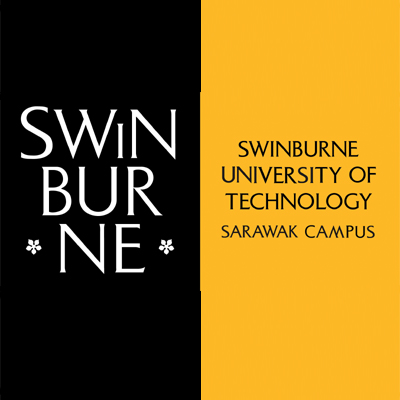
Computer Science and Software Engineering focuses on the object-oriented approach to software development, accepted by industry as a key technology for the future. The course provides an extensive education in contemporary approaches to the analysis, design and implementation of large-scale systems, along with a sound understanding of the traditional aspects of computer science such as hardware and operating systems. Like all IT courses at Swinburne, this course pays particular attention to the human factors involved in the development, deployment and use of computer-based systems.
There is a focus on applications involving multimedia, and on web-based systems, with an emphasis on the design of effective human-computer interfaces. A range of options in the final year of the course allows students to study advanced subjects in areas such as software engineering, computer networks, database, knowledge-based systems and human-computer interaction. The acquired skills and knowledge are consolidated in a major team project for an external client in the final year. The course uses C as the first programming language. Students then develop skills in C++ and Java programming languages.
Graduates of this course will have extensive skills in software development, particularly relating to medium- and large-scale projects, will have developed experience in working on team projects, and will have well-developed oral and written communication skills. The course involves the use of the most up-to-date technology and methods, and includes a major emphasis on software development for multimedia applications on the web. The course is oriented towards applications in areas such as defence, aerospace and medicine, where complex software plays a major role, often of a safety-critical nature; as well as in businesses that require extensive computer support, such as banking and manufacturing.
Graduates of this course will possess:
Students can complete the entire degree course in Sarawak campus. Students will be able to transfer to Swinburne University of Technology, where the course is offered. Acceptance is subjected to academic merit and approval by the respective Faculty.
Advanced ICT Minor, Swinburne Undergraduate Minor, Elective Plus Minor or ICT electives.
Swinburne offers International Exchange Programs as well as other Education Abroad Programs to help internationalise your degree. International Exchange is an academic program allowing you to study at a Swinburne Partner Institution for one or two terms during your degree. Swinburne’s Partner Institutions offer many relevant subjects as well as a secure base to explore a different culture. Your studies whilst on exchange can be credited towards your Swinburne degree, provided they are relevant and approved by Swinburne. For further information visit the Swinburne Abroad website.
Graduates typically find employment in organisations engaged in medium- to large-scale software development. Initially graduates are usually employed in technical areas such as programming and systems analysis and design, internet systems development. They are well-prepared for progression into project leadership and management positions as their experience develops.
This course is acknowledged as being at the professional level with the Australian Computer Society (ACS). The course has been externally vetted by ACS, ensuring it meets the highest standard of the profession and the industry.
| Level of study | Foundation and Diploma | Undergraduate | Postgraduate |
|---|---|---|---|
| IELTS | 5.5 (no individual band below 5.0) | 6.0 (no individual band below 6.0) | 6.5 (no individual band below 6.0) # 7.0 (no individual band below 6.5) |
| TOEFL (Paper based) a (Internet based)b |
527 |
550 |
575 |
| SPM * | B | – | – |
| UEC ** | A2 | A2 | – |
| MUET *** | 4 | 4 | – |
| GCE ‘O’ and ‘A’ Level | Score of ‘C’ or better for ‘O’ level English**** | Score of ‘C’ or better for ‘A’ level English | – |
| International Baccalaureate | Minimum of 4 in English A1 or A2 (Higher and Standard Levels) or Minimum of 5 in English B (Higher Level) | – | |
| * | Students with a C+ or C English grade are required to enter the Intensive English program at UIIE; students with a D or E English grade are required to sit the Swinburne Sarawak English Placement Test to determine the level of Intensive English program they must enter |
| ** | Students with B3 to B6 English grades are required to sit the Swinburne Sarawak English Placement Test to determine whether they require additional English classes |
| *** | Students who obtain band 1 to 3 in MUET are required to sit the Swinburne Sarawak English Placement Test to determine whether they require additional English classes |
| **** | Not applicable for “English as Second Language” |
| a | Foundation and diploma programs – minimum Test of Written English [TWE] score of 4.5 Undergraduate programs – minimum Test of Written English [TWE] score of 5.0 Postgraduate programs – minimum Test of Written English (TWE) score of 5.0 |
| b | Foundation and diploma programs – with no band less than 18 Undergraduate programs – with no band less than 20 Postgraduate programs – with no band less than 20 |
| # | Entry requirement for Master of Arts (TESOL) |
Source : SwinBurne University Of Technology